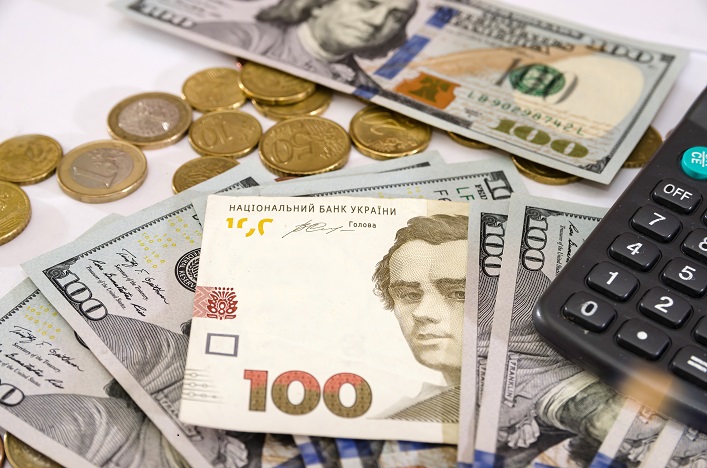Forbes has calculated that the additional demand for currency following the introduction of a large currency liberalization program in May amounted to $322.6M. During the liberalization’s introduction, the NBU estimated the potential impact of service imports to be $100M per month.
During the first two months of currency liberalization, 173 companies took advantage of the opportunity to pay interest on pre-existing foreign loans, and 167 companies took advantage of repatriating dividends. From May 4 to July 10, companies transferred an average of $2.6M abroad to pay off loans and $4.6M to pay dividends (from May 13, 2024, to July 10).
Any currency liberalization measures in the first stages generate demand for the currency and only in the long-term lead to an inflow of investment when businesses and foreign investors are convinced that the new rules are effective. So, despite the impact of these measures, the NBU currently needs to consider steps to strengthen currency restrictions.
